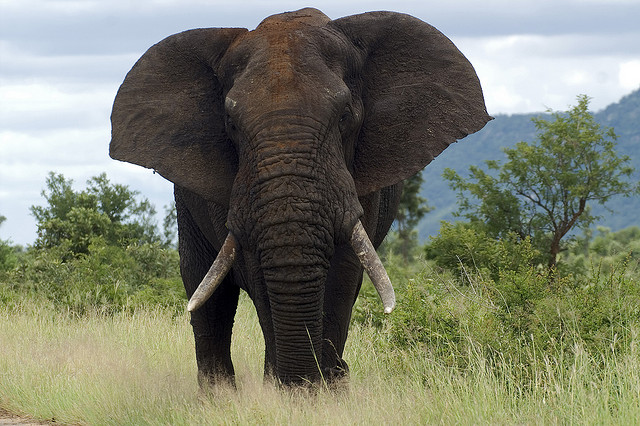
African elephants are being threatened by illegal poaching. To combat this, a bill proposes making most sales of elephant ivory and rhinoceros horns illegal in Washington.
House Bill 1131 was heard Tuesday in the House Agriculture and Natural Resources Committee.
Bill sponsor Rep. Eric Pettigrew, D-Seattle, says the purpose of the bill is to shrink the market for poached ivory.
“In 2013, there were 41 tons of ivory confiscated, illegal ivory of course. There was actually 35,000 elephants destroyed in 2012,” he said.
African elephants are an endangered species. Since 1988, it’s been illegal to import new elephant ivory to the United States. However, you can still sell ivory that was here before then. Washington is one of seven states considering expanding the ban to most elephant ivory sales.
The bill would require licenses for exceptions to the rule, which including selling elephant ivory for educational or scientific purposes, inheriting an ivory piece, ivory that is part of a musical instrument made before 1976, or selling antiques that are less than five percent ivory.
Under the bill, selling ivory would be a felony punishable by jail time or fines.
John Garner of Point Defiance Zoo says action is important, as the problem of illegal poaching gets worse.
He cited news articles from Africa that linked the illegal poaching trade, which can make millions of dollars, with terrorism, such as the abductions of girls last year by Boko Haram.
“On the surface, all these crimes have in common have is that they happen on the same continent but there is an intimate connection. Like many terrorists organizations in Africa, Boko Haram is funded by sales of illegal ivory, he read.
However, artists and crafts people objected to the language, saying the law was too broad in its inclusion of woolly mammoth ivory and ivory that is already in the United States.
Pete Lange, an artist who lives in Seattle, said that the law will hurt his and other businesses that depend on existing U.S. ivory stocks while not doing much to stop the illegal trade of ivory. Markets outside of the United States where ivory items have a greater demand, such as Asia, drive the poaching, Lange said.
“The proposed law is unfair to people who have been following the law,” Lange said.
However, Jennifer Reichert of District Auctions asked lawmakers for a complete ban on ivory with no exceptions. She says a ban would clarify rules for sellers and save elephants.
“The only way to really make a difference is to have a zero tolerance policy on this, and say it’s just unacceptable, and the state of Washington is behind this,” she said. “New ivory, old ivory — it’s all part of a slaughter business.”
You can watch the testimony in TVW’s archives: